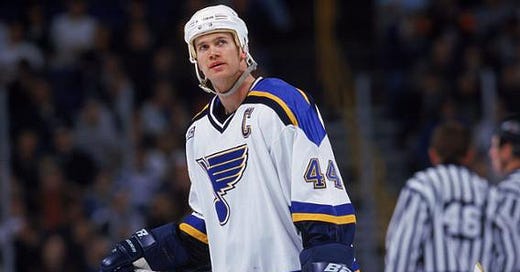50% of Athletes Have Financial Issues (But Why?)
A Pro Athlete Who Made Over $50M During His Career Shares The Common Issues Athletes Run In To Financially
The Petcash Post is a daily newsletter breaking down the business of athletes, sports, and NIL.
Join 27,000 others and get exclusive access to the newsletter 🔑 — it’s free!




